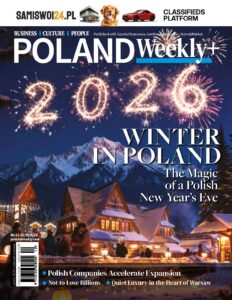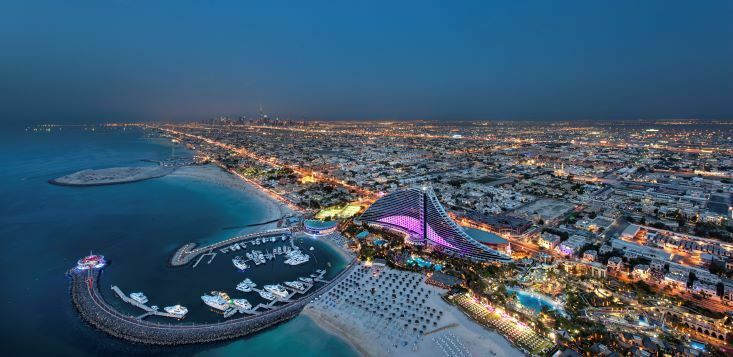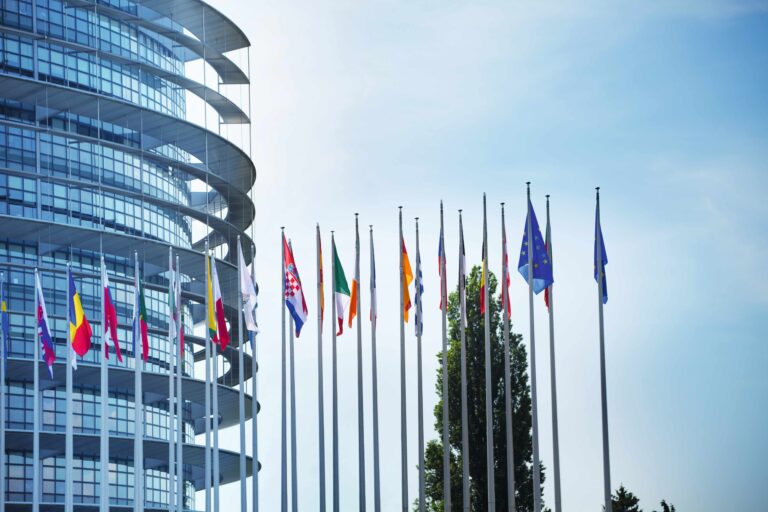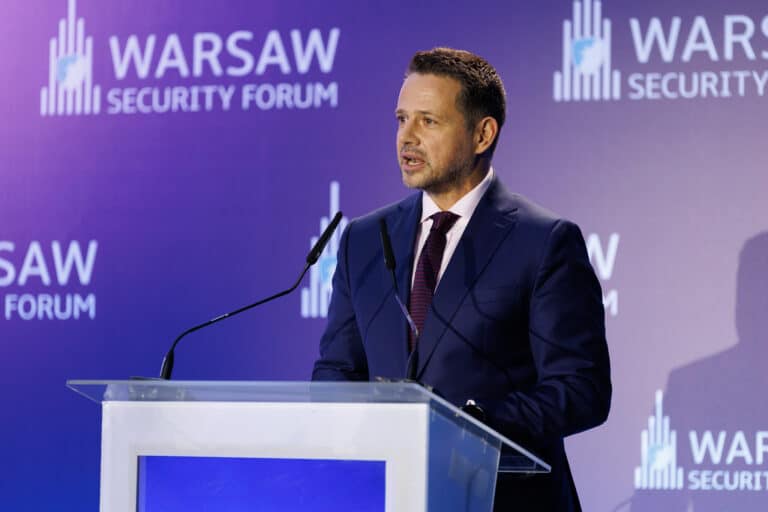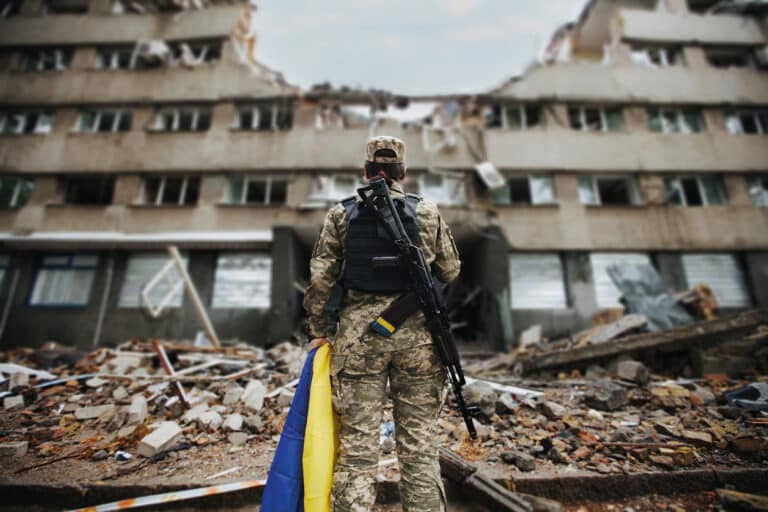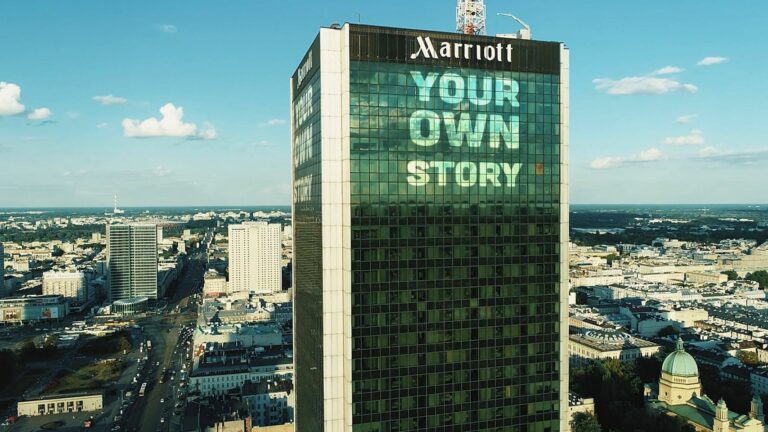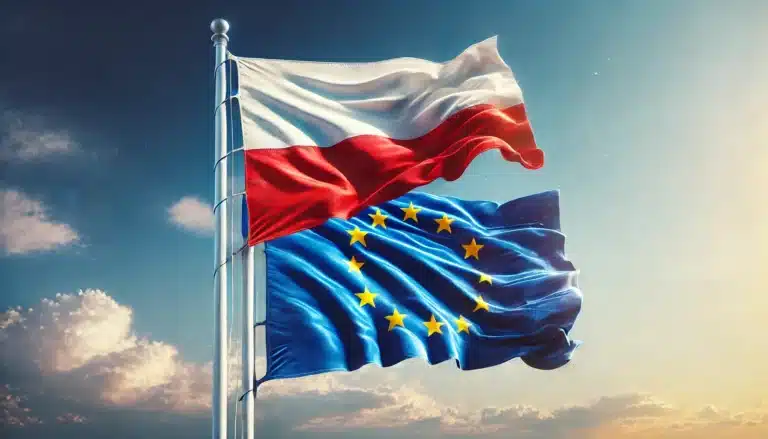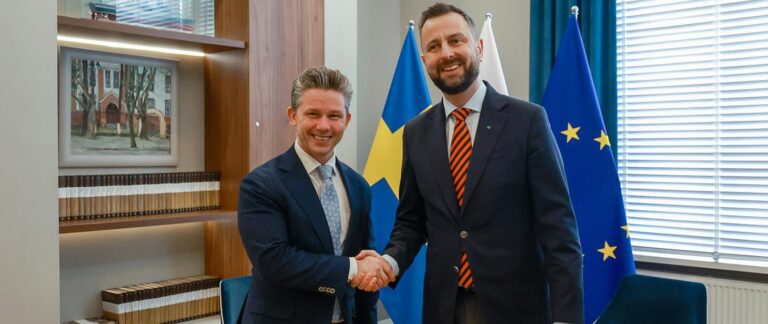Persian Gulf on the Polish radar
The United Arab Emirates, host of the Expo 2020 Dubai world exhibition, is one of the main markets in the Middle East for Polish exporters. According to the Central Statistical Office, among the countries of the Middle East, Turkey (0.9%, $2.2 billion in 2020), Saudi Arabia (0.4%, approx. $1 billion) and Israel (0.3%, about $700 million) have the largest share in Polish exports. In the KUKE portfolio, the United Arab Emirates is second after Turkey.
“The largest number of insured transactions in trade with the countries of the Persian Gulf is with the UAE. Our companies were able to find there buyers for a very wide range of products, such as sweets, drinks, meat, lighting equipment, “heavy” chemicals, carpets, fittings and cosmetics,” says Daniel Piotrowski, deputy director of the Insurance Risk Department at KUKE.
Exports to the United Arab Emirates are growing steadily. Compared to 2018 there has been an increase of over 30%. On the other hand, as Piotrowski notes, there is a certain dependence of the value of imports to the region on oil prices. “The current rebound in the market of raw materials, including oil and gas, may also positively affect demand for Polish products. Trade with local contractors verified by us can be considered as quite safe. We have practically no lack of payments or major delays,” he says.
According to the report “30 years of Polish exports” prepared by KUKE and the SpotData analytical center, in the years 2001-2020 the value of exports of goods to all Middle East countries increased from approx. $0.5 to 5.1 billion, and their share in Polish exports increased from 1.2 to 2.2%. However, this is still less than even Hungary (2.5%). Potentially, however, it is a promising market, if only in terms of the number of inhabitants (eg Turkey and Iran over 80 million each, Saudi Arabia 34 million).
Last year, we sold wheat worth $360 million in the region, car engines for $200 million, passenger cars for $180 million, and razors for $160 million. We also export beef and cigarettes there. It is worth recalling that in 2018 KUKE insured the sale of metro cars manufactured at the Polish plants of Alstom, which went to Dubai and will transport guests from all over the world to the Expo in the next six months.
More information on trade with the Middle East region, and in particular with the UAE, can be found in the report “30 years of Polish exports” and on the map of KUKE’s export markets.
Photo by JESHOOTS.COM on Unsplash
